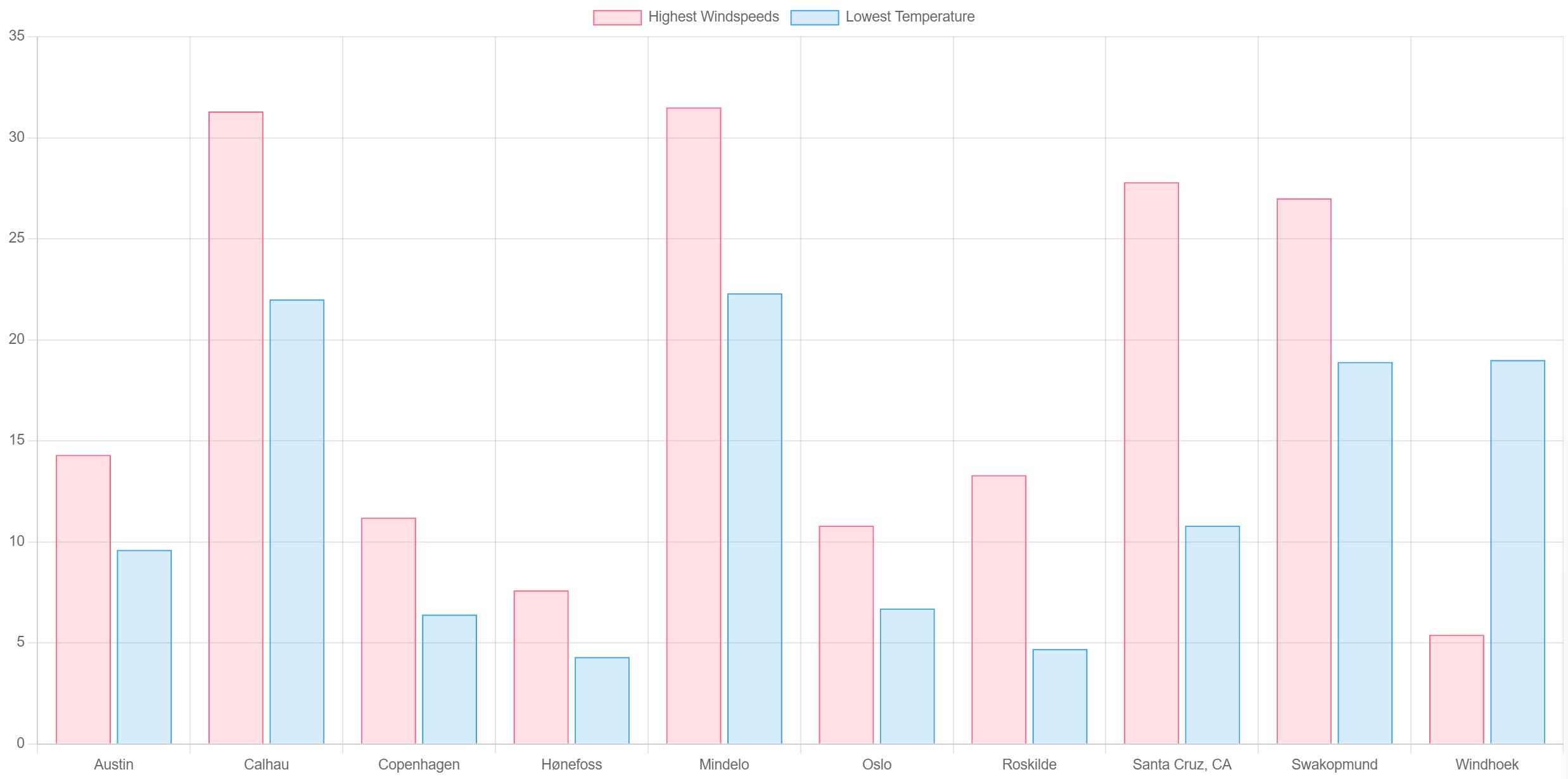I spent 11 hours on an assignment to get an interview with Atea in Norway. I have worked with IT since forever. You have used things I have made.
Feel free to check out my CV. Read the original assignment below.
Their response was:
- Bad design skills.
- The code is mostly not readable.
- Bad code quality.
Here is my application, as provided to them before their response:
This solves task 1 of the Atea assignment.
Some solution information:
- Uses Azure Functions with a TimerTrigger to run every 1 minutes
- Two separate projects, one for the Azure Functions and one for the REST API
- Both implemented with .NET 6 LTS
- REST API is minimal API
- REST API implements paging with continuation token (not very well tested)
- The code is commented a little more than I would normally do, but I wanted to make it easier to understand my reasoning
- No automatic testing is implemented
Some issues I ran into:
- I solved this on a relatively clean computer, takes time to setup tooling for local Azure development
- I didn't have experience with Azurite, so I had to spend some time figuring out how to use it compared to the Azure Storage Emulator
- I ended up using Azurite, but running from CLI instead of implicitly as part of the Function. I am sure this can be done better, but I didn't have time to figure it out
Time spent: Approximately 4-5 hours. I spent a lot of time setting up the tooling and figuring out how to use Azurite. Most of the code is trivial, but I wanted to make sure it was well commented and easy to understand in this special case where I am trying to show my skills.
Some solution information:
- Uses ASP.NET with minimal API
- Registers a
BackgroundServicethat runs every 1 minutes using aPeriodicTimer - Stores cities in configuration using the options-pattern
- Uses fan-out parallelization for fetching weather data using HTTP
- Uses
System.Text.Jsonfor JSON serialization - Uses EF Core with SQLite for storing weather data
- Uses Meteo as weather provider (might be a bad choice, but it was the first suitable one I found)
- I took some liberties and combined the datasets into one table, since I didn't see any reason to have them separate. They can be toggled by clicking in the header of the chart
Some issues I ran into:
- I have not used SQLite with EF Core before, so I had to spend some time figuring out how to use it
- The requirements are very vague, so I had to make some assumptions
Did not finish:
- In the alotted time, I couldn't make the chart respond to clicks in a meaningful way. I would have liked to have the chart show the data for the selected city, but I didn't have time to implement it
Time spent: Probably around 5-6 hours.
- There is use of
HttpClient, could conceivably have used something like Flurl instead - Issues with the Meteo API:
- It does not return cloud cover as part of
current_weather. Seeing how it wasn't asked to chart it, I didn't include quering and parsing it in the model. This is a relatively easy fix, but I didn't have time to do it - It seems like
current_weatheris not updated very often, so the data is not very accurate. I have not found a way to get more accurate data out of Meteo. This results in the chart being very flat and a lot of the data being the same in the database
- It does not return cloud cover as part of
- I didn't know how to visualize the timestamp in the chart. I suppose it could be part of the tooltip, but I would love to have some feedback from product owner on it
- Probably 100 other things :)
Total time spent: Perhaps 10-11 hours.
Just clone it, open it in Visual Studio 2022 and run it. It should just work. You need to run azurite, I run it like this:
azurite -s -l c:\azurite -d c:\azurite\debug.log
You also probably need to initialize the database for WeatherPlot:
dotnet ef database update
This will run the initial migration and create the database.
We have made it a general practice in our recruitment (FTE or Consultants) to conduct a screening process through a little homework that demonstrates the skill level they possess in the specific areas that are of particular importance to us.
Timeframe: April 12th
Please, describe each task separately:
How much time it took for you to complete it (hours from start to finish);
Some challenges/ideas/comments on each task;
After receiving the completed tasks, we will review them and book you a meeting where we will share with our conclusions before we move forward
Technical assignments:
First task
Must use:
-
Azure Function (Cloud/Local)
-
Azure Storage (Cloud /Local storage emulator)
a. Table
b. Blob
• .Net Core 6
Achieve:
• Every minute, fetch data from https://api.publicapis.org/random?auth=null and store success/failure attempt log in the table and full payload in the blob.
• Create a GET API call to list all logs for the specific time period (from/to)
• Create a GET API call to fetch a payload from blob for the specific log entry
• Publish code on GitHub (public)
Second task
Must use:
• ASP.NET CORE MVC (6)
• C#
• JavaScript or Typescript
Achieve:
Using any public weather API receive data (country, city, temperature, clouds, wind speed) from at least 10 cities in 5 countries
with periodical update 1/min,
store this data in the database
and show the 2 graphs:
-
min temperature (Country\City\Temperature\Last update time)
-
highest wind speed (Country\City\Wind Speed\Last update time)
-
temperature & wind speed trend for last 2 hours on click for both previous graphs
